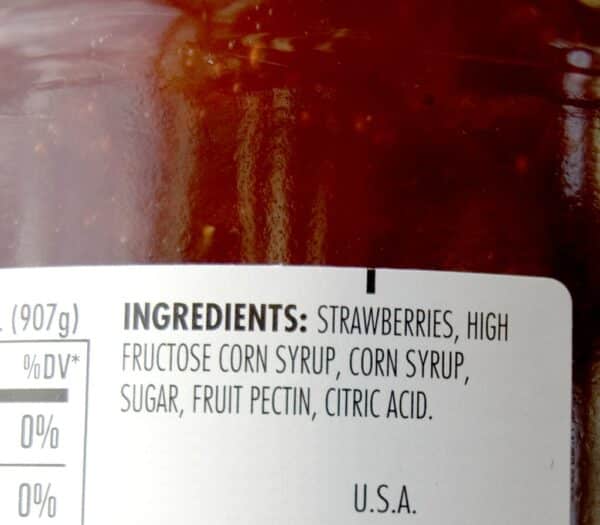We consume many different sugars, from natural sources like fruits and vegetables to added ones such as table sugar (also called sucrose) and high-fructose corn syrup. They all affect the body and can lead to health issues ranging from weight gain and moodiness to digestive problems, cavities, and acne.
Fructose is a type of sugar that’s metabolized by the liver. When you consume too much fructose, your liver stores it as fat and sends it to the bloodstream for energy.
But your liver can only metabolize a certain amount of fructose at any time. If you consume too much, your liver will try to break it down into glucose. When it cannot, the liver stores it as glycogen, which will be converted to fatty acids later.
This process can wreak havoc on your health, especially if you are overweight or have insulin resistance. This can cause you to develop diabetes or even nonalcoholic fatty liver disease, a significant risk factor for heart disease.
It can also disrupt your cholesterol levels and increase triglycerides in the bloodstream, which is terrible for the body. Triglycerides are fat-like molecules that can build up in the bloodstream and cause arteriosclerosis, a hardening of artery walls.
Excessive fructose consumption can cause nonalcoholic fatty liver disease, a significant risk factor for liver disease and Type 2 diabetes. This is because fructose can cause your liver to store too much fat, which can cause cellular inflammation.
Too much fructose can stimulate uric acid production, leading to gout and high blood pressure. This is because uric acid can turn off the production of nitric oxide, which helps prevent blood vessels from becoming damaged.
Another problem with excess fructose is that it can trigger an overabundance of free radicals in your body, damaging cell structures, enzymes, and genes. These free radicals can also attack the mitochondria, the cell’s energy factories.
Too much fructose can quickly deplete your cells’ ATP, which they use for energy. That can be a severe problem in the long run, as finishing your ATP can contribute to oxidative stress, inflammation, and mitochondrial dysfunction.
This is why keeping your fructose consumption to a minimum is essential. You can find it in fruits, vegetables, fruit juices, and processed foods such as soft drinks and sweetened desserts.
Avoid refined and concentrated forms of fructose. Instead, eat whole fruits and veggies.
If you’re having trouble with dietary fructose intolerance, talk to your dietitian about finding healthy alternatives that don’t contain too much fructose. You can also try reducing your overall sugar intake, which can help you feel better and boost your health.
Although the rate of consuming fructose is important, you should never drink it in its raw form, such as juice or sports drinks. The resulting fructose-fueled insulin surge can overwhelm your liver’s cellular machinery and cause harm.



Comments are closed